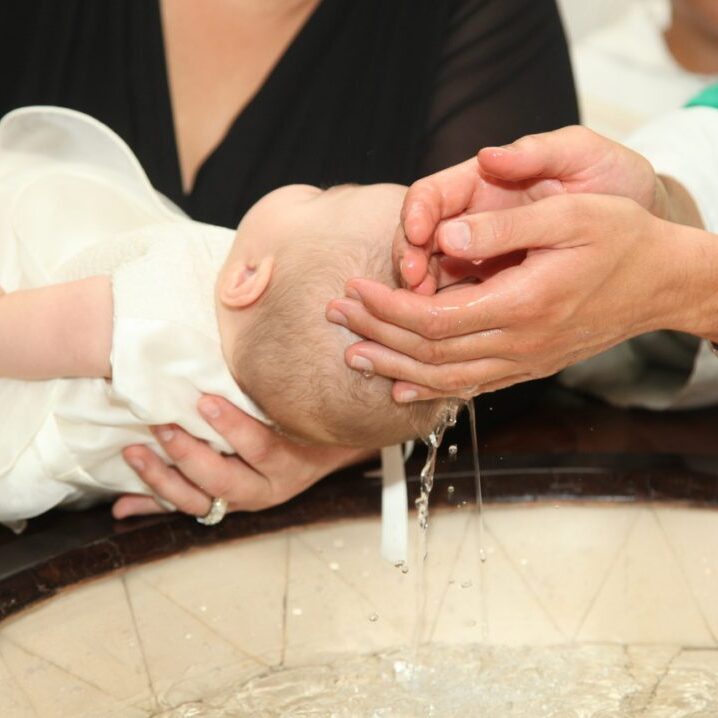
Baptism
Baptism is a sacrament of the Lutheran Church and is commanded by Christ himself. A person is baptised when water is applied in the ‘name of the Father and of the Son and of the Holy Spirit’, in obedience to God’s command (Matthew 28:19).
The sacrament of baptism unites the baptised person with Christ and incorporates that person into the body of Christ, the church. The meaning and effects of baptism continue in the believer’s life. The church does not rebaptise people.
God our Saviour wants ‘everyone to be saved and to come to the knowledge of truth’ (1 Timothy 2:4). To enter the kingdom of God a person has to be reborn ‘by water and the spirit’ (John 3:8, Titus 3:4–8). So both adults and infants have to be baptised if they are to be saved, that is to enter into the promises of God (CTS 2:38,39,10:47).
Baptism, however, is not a magical act. The mere performance of the rite is not a guarantee of one’s salvation. Although willful rejection or abuse of baptism must be condemned, we do not presume to judge what God will do with those who through no fault of their own are not baptised.
The church celebrates the sacrament of baptism trusting in God’s promise of salvation. The church is convinced that baptism does what God promises.
Baptism:
- gives new birth and life in Christ
- grants forgiveness of sins, both original and actual
- gives the gift of the Spirit
- creates faith, or confirms and increases faith.

